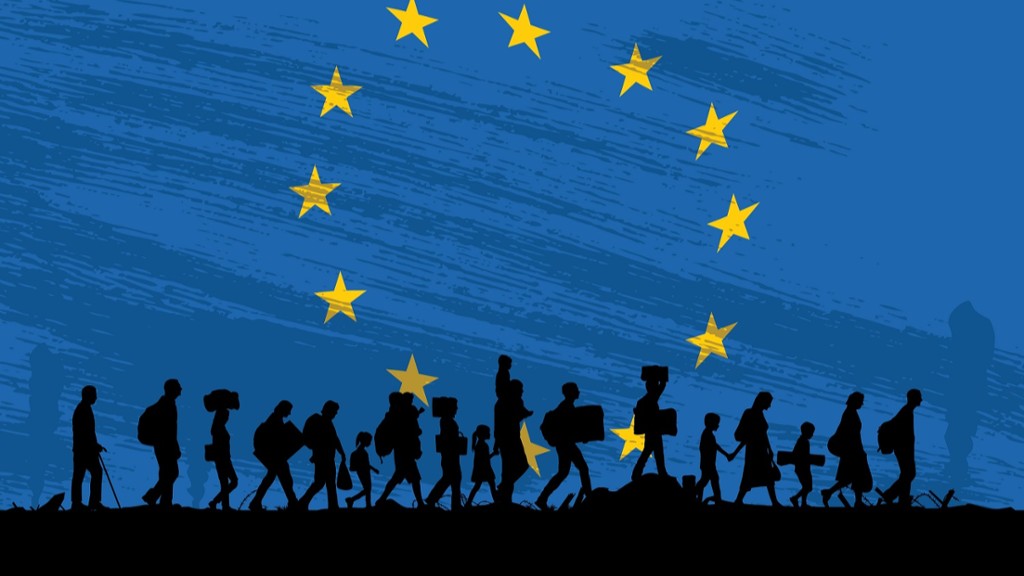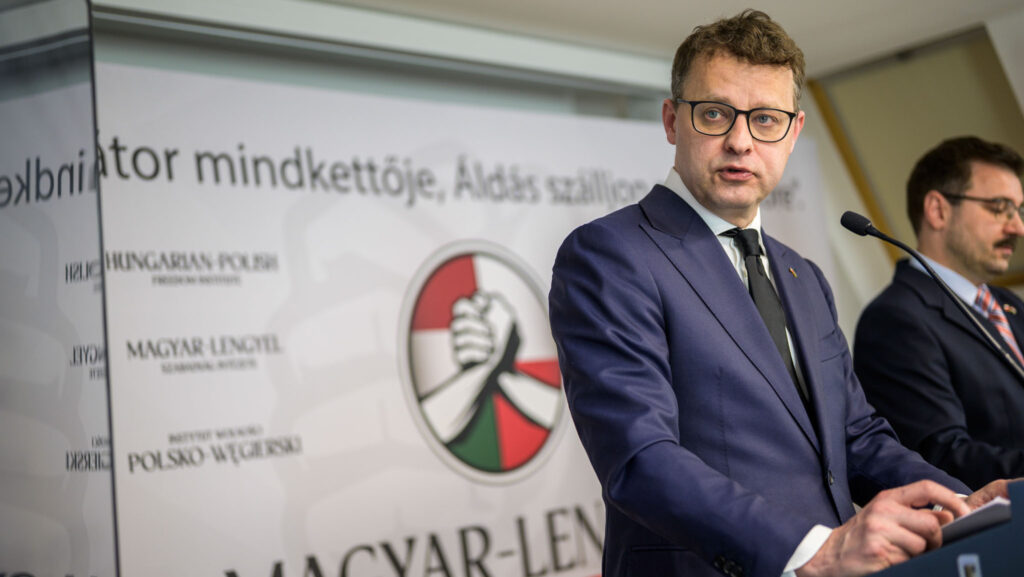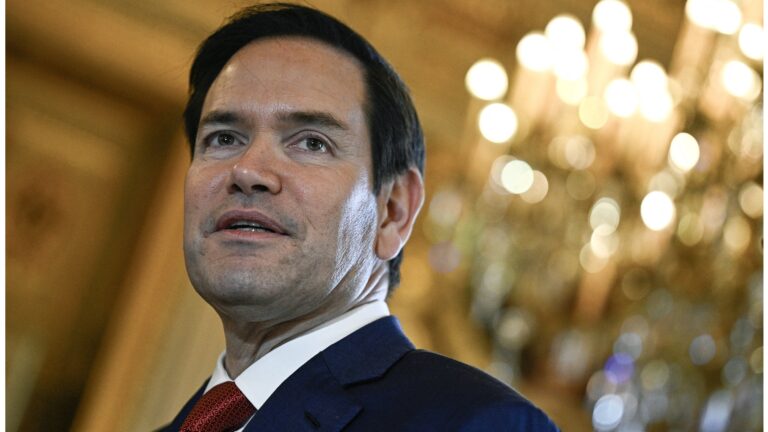The following is a translation of an article written by Vivien Kalas, a researcher at the University of Public Service Institute for Strategic Studies, originally published on Ludovika.hu.
More and More EU Countries Would Tighten Their Migration Policies
As well as discussing the latest Commission proposal to speed up and improve the efficiency of the removal of illegal residents in the European Union, several EU countries are also looking to tighten their migration policies to reduce the number of migrants entering their territory.
In Poland, after a change in the law allowed the government to temporarily and partially suspend asylum applications twice for 60 days as part of their new migration strategy, they are now looking to reduce migration pressure with another measure. In March Prime Minister Donald Tusk announced that his country would not implement the Dublin Regulation governing EU asylum and migration policy and would not take back people arriving under Dublin transfers. Dublin transfers are based on the country-of-origin principle, under which the state on whose territory the migrant first entered the EU is responsible for examining an asylum application. The procedure known as Dublin transfer involves the transfer of the responsibility for the examination of an asylum seeker from one nation to the legally responsible country, including the person concerned. According to the most recent data, in 2023 Germany and France were the two nations sending back the most migrants, with Italy and Spain as the first responsible countries receiving the most ‘take charge’ requests. Poland was due to take back 3,912 people two years ago.
In Austria, protracted coalition negotiations following last year’s legislative elections were concluded at the end of February, and a three-party coalition government, which, however, did not include the election-winning Austrian Freedom Party (FPÖ), took office in early March. Addressing the difficult situation caused by immigration was one of the coalition’s first measures. Just like the Poles, the Austrian leadership has also firmly refused to allow Dublin transfers from Germany into its territory. In 2023 Austria received a total of 17,476 applications from EU countries for such transfers. As a further tightening, the government has proposed a temporary suspension of family reunification, too. Last year, the Austrian authorities had to decide on around 8,000 cases falling under this category. The measure requires a parliamentary approval decision to enter into force, but the government is likely to get the support of MPs if it has the necessary majority.
‘Addressing the difficult situation caused by immigration was one of the [Austrian] coalition’s first measures’
In Germany, an alliance of parties involved in government formation talks, the Christian Democratic Union (CDU) and the Christian Social Union of Bavaria (CSU), as well as the Social Democratic Party of Germany (SPD), are all planning to tighten migration policy. The changes would include suspending family reunification for two years, extending the list of safe third countries, abolishing legal assistance before expulsion, and increasing capacity to carry out expulsions more effectively by detaining those awaiting deportation. However, there is still no agreement between the parties on the establishment of return centres, as proposed by the Commission, and on the idea of examining asylum applications in a third country.
The proposals of some governments and the thinking behind them may raise questions about the future of the new asylum and migration pact, which is due to enter into force in 2026 and includes the idea of binding quotas. Nevertheless, practice shows that Member States want to see fewer and fewer migrants on their territory.
Related articles:
Click here to read the original article.








